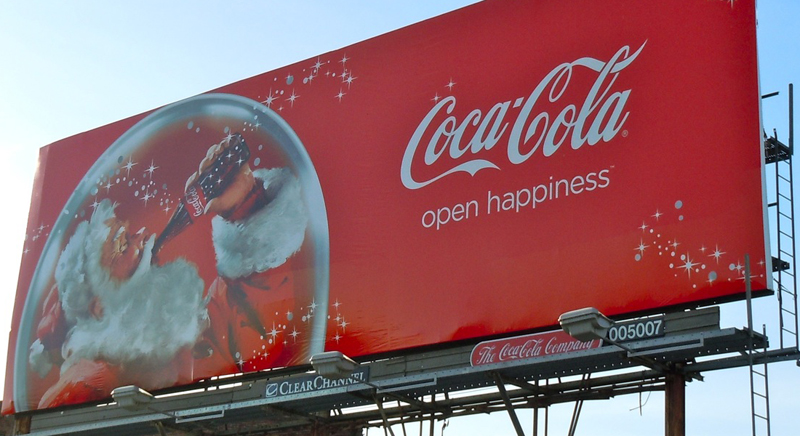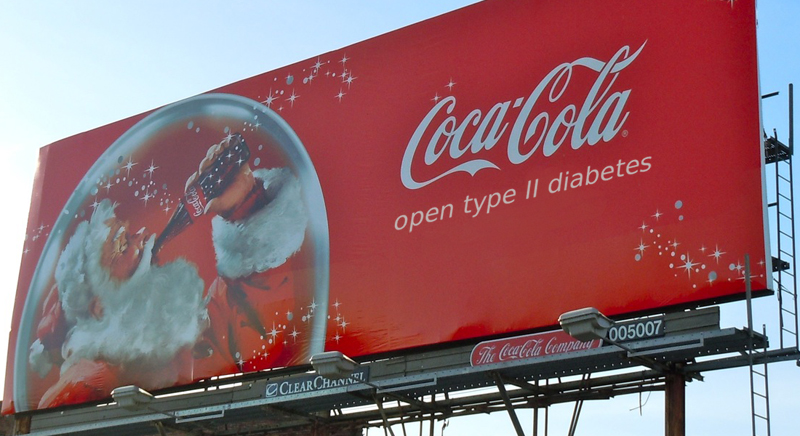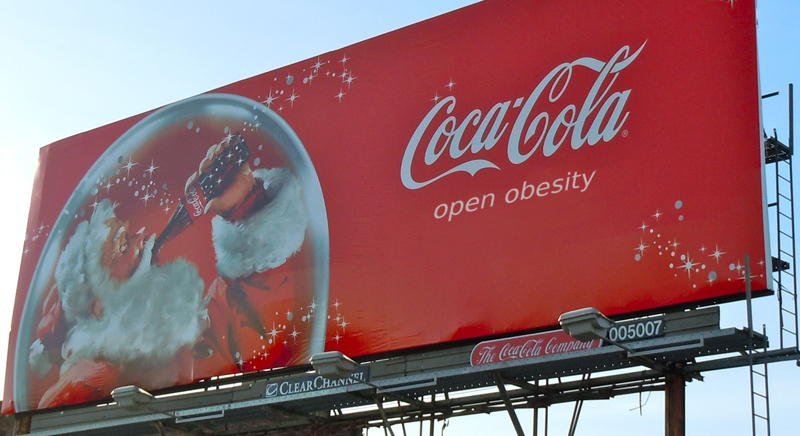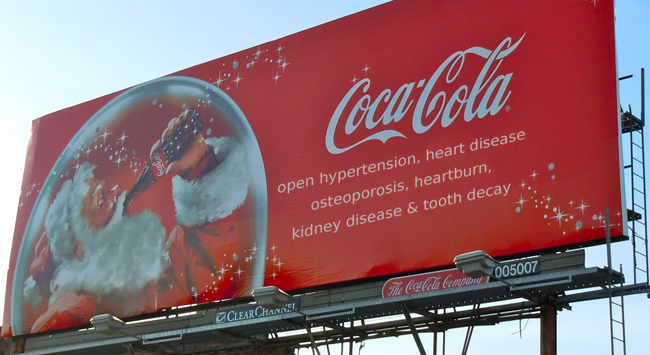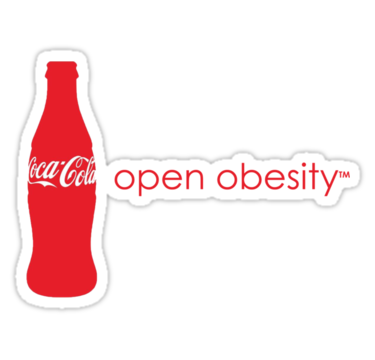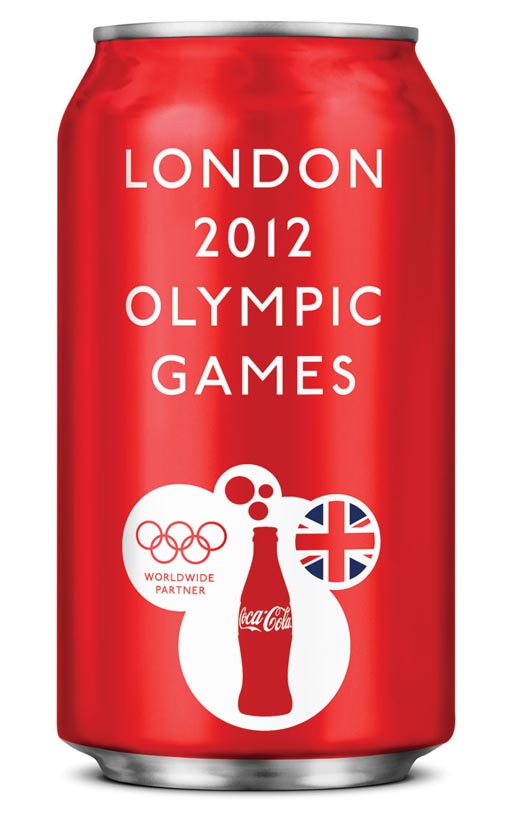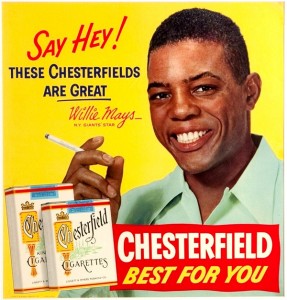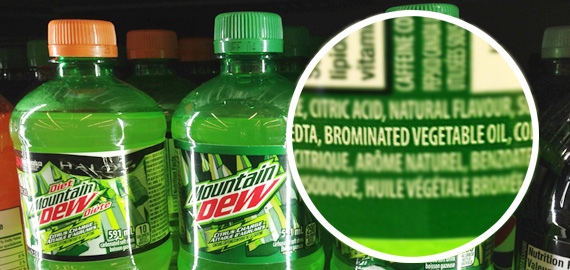 Sarah Kavanagh, a teenager from Mississippi, noticed a curious ingredient in some of her sports drinks called brominated vegetable oil or BVO.
Sarah Kavanagh, a teenager from Mississippi, noticed a curious ingredient in some of her sports drinks called brominated vegetable oil or BVO.
BVO is a controversial additive which was generally recognized as safe - that is, until the U.S. Food and Drug administration withdrew that categorization. In the European Union, India and Japan, BVO is banned. Interestingly, BVO has also been patented by chemical companies as a flame retardant. In a nutshell, there are some health concerns for BVO - especially if consumed in very large quantities.
As a result, Kavanagh started petitions on change.org and beverage companies took notice. Last year, PepsiCo announced that it would remove the chemical from Gatorade. This week, Coca-Cola noted that it’s in the process of removing BVO from its entire line of beverages - including Powerade, Fanta Orange and Fresca.
These developments are a great victory for consumer power - but I’m not celebrating just yet. The reality is, BVO or not, soda and sugary drinks are completely unhealthy beverages; they’ve been linked to a number of very serious diseases and conditions like obesity, liver damage, tooth decay, kidney disease, diabetes, hypertension, heart disease and more.
When it comes to the whole discussion of BVO in soda and sports drinks, we’re mistaking the forest for the trees. The reality is, soda and other sugary drinks may be just as harmful as the BVO that’s making headlines.
“Eat healthy and exercise” isn’t an attention-grabbing, headline and it’s not something people want to hear. But talking about healthy lifestyles that combine proper nutrition with physical activity is a far more productive conversation than petitioning to make soda minutely less toxic.
What do you think? Let me know in the comments below.







